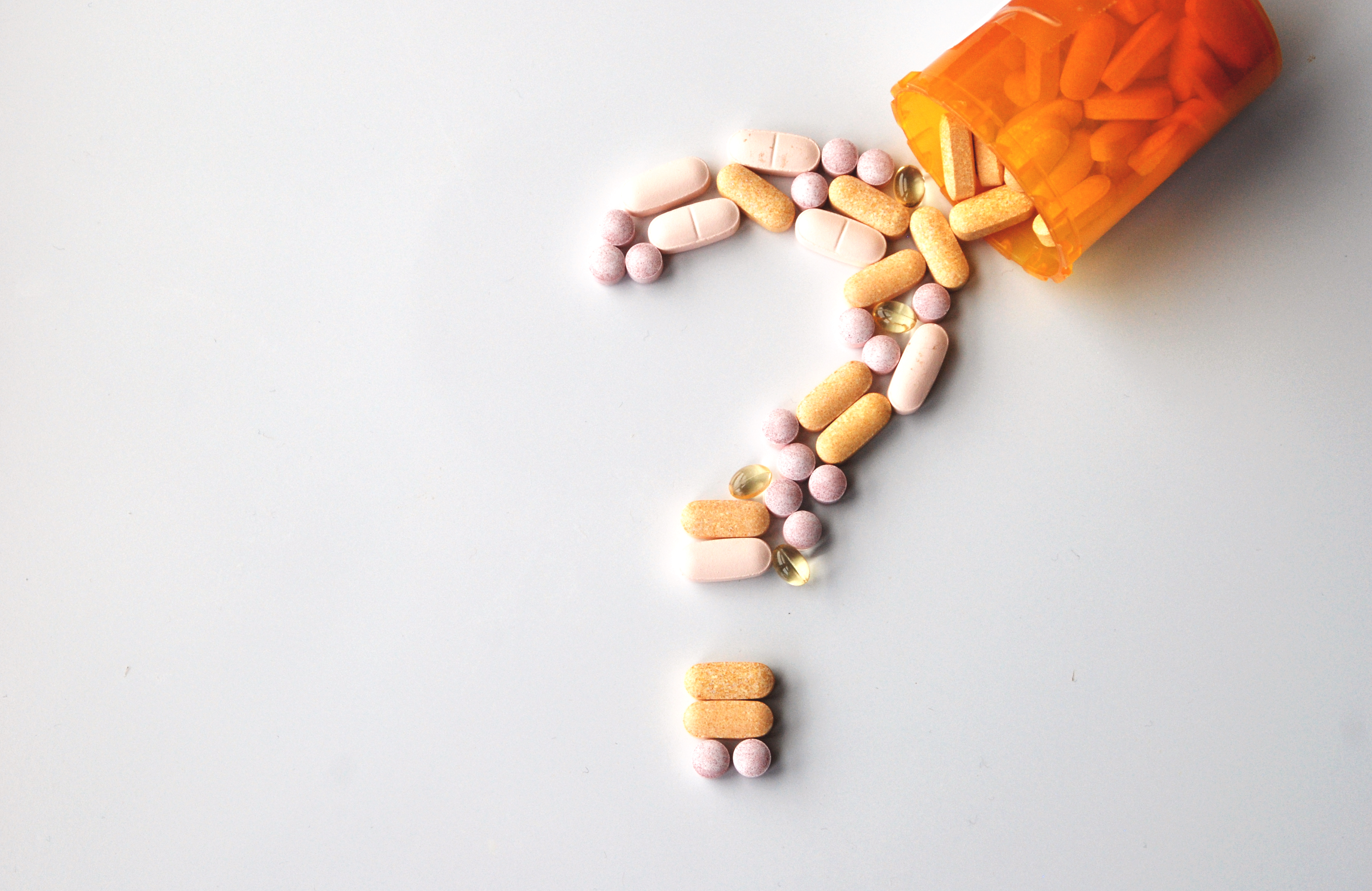With the global rollout of the COVID-19 vaccination starting this year, many people will be wondering when they will get their shot and concerned about any possible side effects. It is common to experience some pain and discomfort after receiving any vaccine shot. This is not the disease itself, but the body's response to the vaccine, as the vaccine teaches your body's immune system to recognise and fight the infection.
After receiving a COVID-19 vaccine shot, it is common to feel pain, soreness and swelling on the arm where you received the injection. And you may also feel fever, chills, tiredness and headache throughout the rest of the body.
To reduce pain and discomfort where you got the shot, you can apply a clean, cool, wet washcloth over the area; and to use or exercise your arm.
You can also talk to your doctor to check whether you can take over-the-counter medicine, such as Ibuprofen or Acetaminophen to relieve any pain and discomfort. However it is not recommended to take medicine before getting the shot to "prevent" pain.
In addition to the typical vaccination reactions, a few severe cases of side effects after the COVID-19 vaccination were reported, including allergic shocks. These were isolated cases and claimed to be "exceedingly rare" (according to CDC).
In any case, people are recommended to wait 15-30 minutes after getting the shot to observe any potential violent allergic reaction, which would happen very shortly after the vaccination.
When should you call a doctor?
- If the redness or tenderness where you got the shot increases after 24 hours
- If your side effects are worrying you, or do not seem to be going away after a few days
With most COVID-19 vaccines, you will need to get two doses in order for them to work. The timing of the second dose will vary depending on the vaccine and the country where you live. It is recommended to get the second shot even if you have local and minor side effects after the first shot, unless a vaccination provider or your doctor tells you not to get a second shot.
Studies show that most people will experience more severe side effects after their second dose, in large part because the effects of the second shot build iteratively on the first.
It’s important for everyone to continue using all the protocols available to help stop the COVID-19 pandemic. Cover your mouth and nose with a mask when around others, stay at least six feet away from others, avoid crowds, and wash your hands often.
.png)

